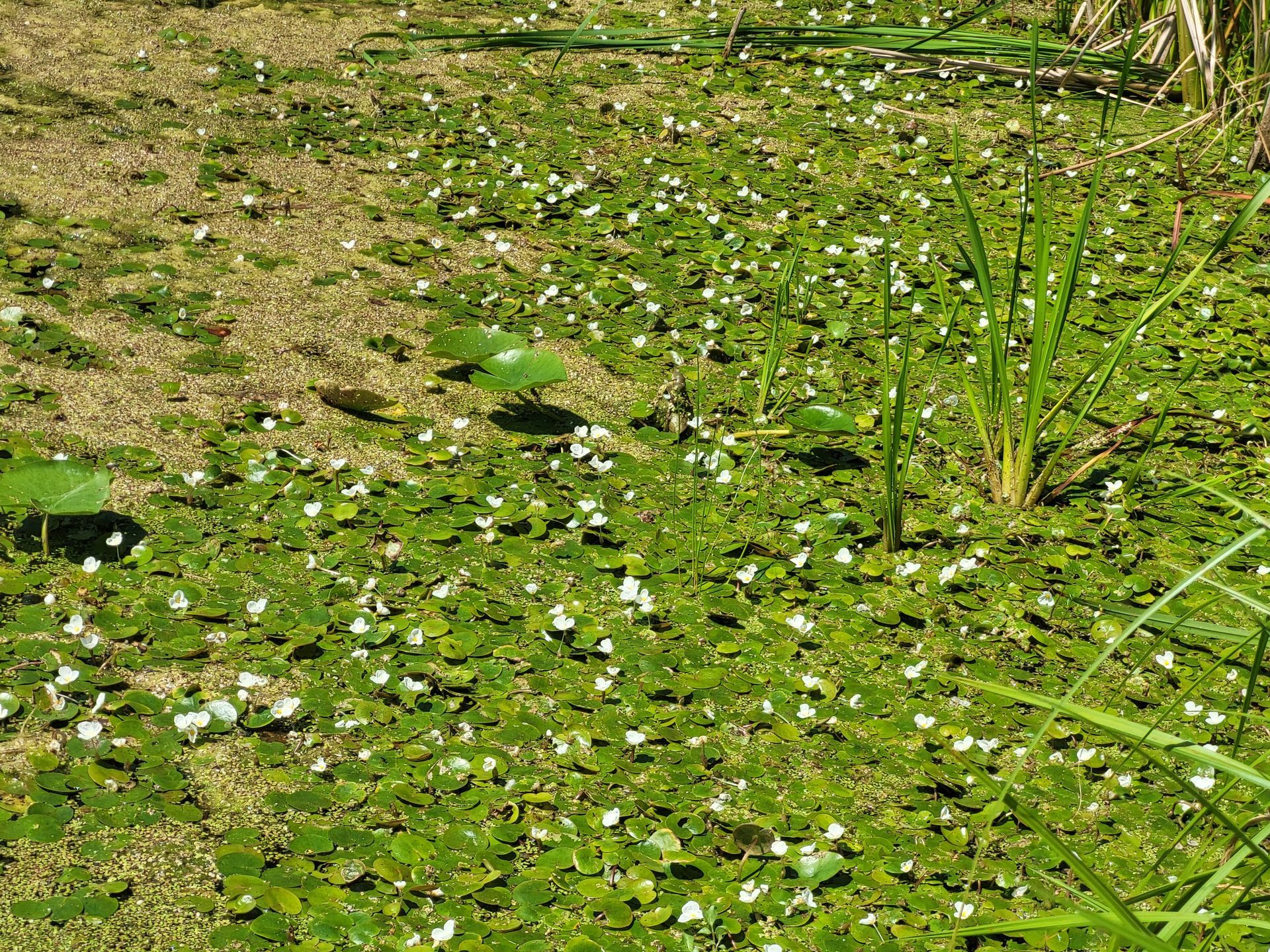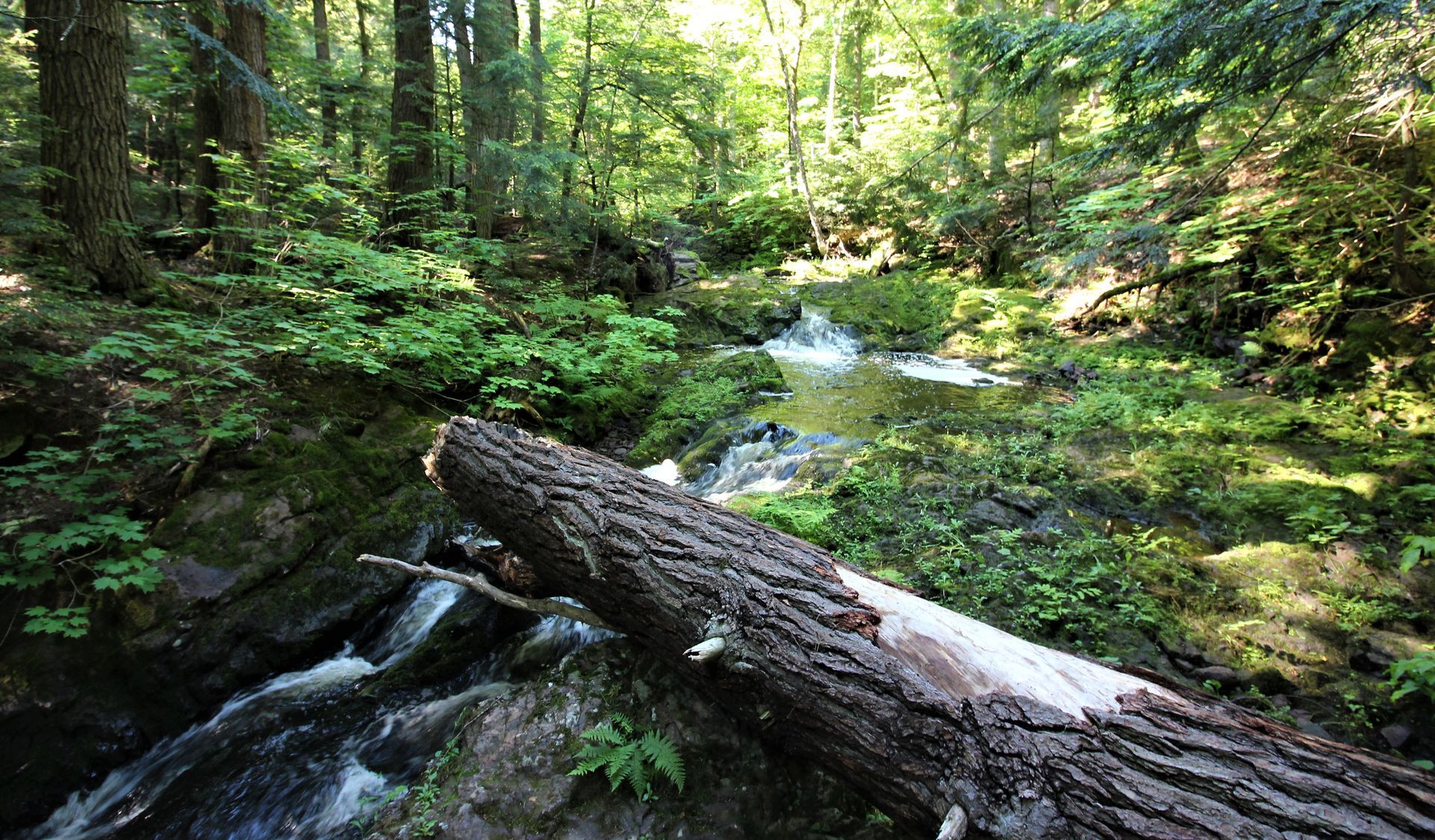Conservationists highlight need for better habitat, wildlife protections from changing climate
Michigan United Conservation Clubs, as part of the Changing Seasons workgroup, presented an updated briefing book to legislators highlighting critical actions to be taken to protect wildlife and habitat from a changing climate on Tuesday.
Conservation leaders, emphasizing the importance of informed legislative action, presented their findings to the Senate Natural Resources and Agriculture Committee on September 26 to draw attention to conservationists’ critical role in advocating for change.
“Helping legislators understand the importance of what hunters, anglers, and trappers are seeing on the ground is critical,” said Amy Trotter, Michigan United Conservation Club’s Chief Executive Officer. ” We are the eyes and ears in the field; we see the devastation warming streams and more volatile weather events cause. We must first help legislators understand the impact of a changing climate and ensure fish and wildlife are considered when climate resiliency legislation is drafted.”
“The problems we see negatively impacting fish and wildlife will only be exacerbated as our climate changes more rapidly,” said Marc Smith, policy director for the National Wildlife Federation’s Great Lakes Regional Center. “On-the-ground insight from conservation professionals in this report will help us craft better policy addressing wildlife, their habitats, and the negative impacts we see.”
The updated report , a collaborative effort of conservationists, nonprofits, state agencies, and legislators, sheds light on the urgent need for climate resiliency legislation. It underscores the necessity of addressing climate change’s profound effects on wildlife and ecosystems.
Hunting and fishing contribute $11.2 B and 171,000 jobs to Michigan annually . These jobs depend on cold streams with healthy trout, woods free from Lyme-disease-carrying ticks, healthy deer and upland bird populations, and salmon for anglers to catch. These leaders’ voices represent a call to action, urging policymakers to consider the firsthand observations of those who are closest to the land and wildlife. As climate change accelerates, they emphasize the importance of crafting effective policies that protect and preserve our natural resources.
The Changing Seasons workgroup comprises Michigan United Conservation Clubs, National Wildlife Federation, Ducks Unlimited, Pheasants Forever, Michigan Steelhead and Salmon Fishermen’s Association, Trout Unlimited, Backcountry Hunters and Anglers, Congressional Sportsmen’s Foundation, Ruffed Grouse Society, Safari Club International, Michigan Charter Boat Association, Michigan Resource Stewards and Association of Conservation Districts.
Recent Posts



